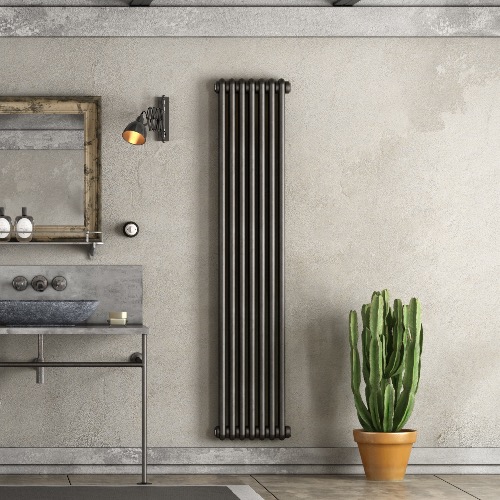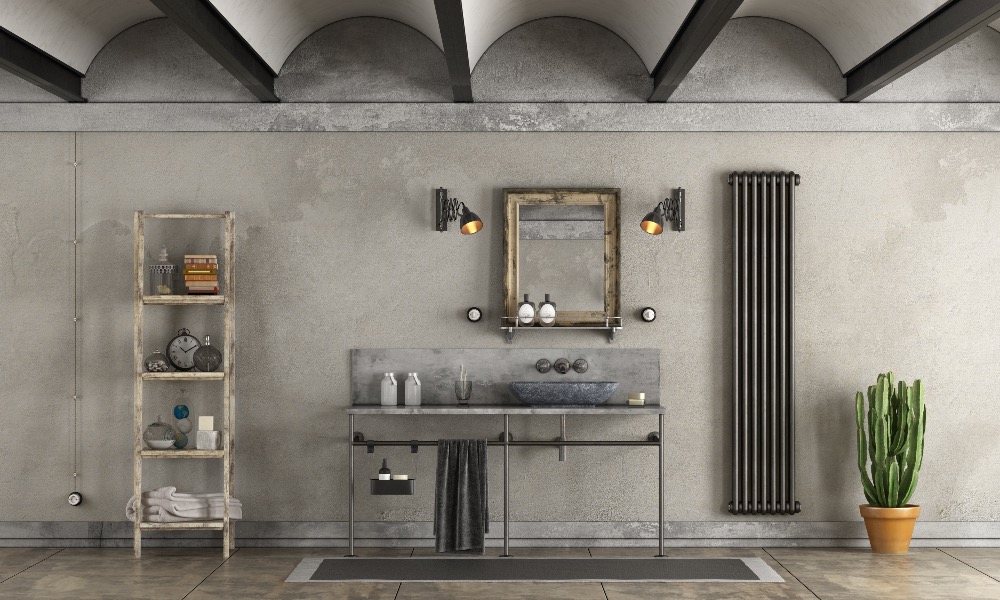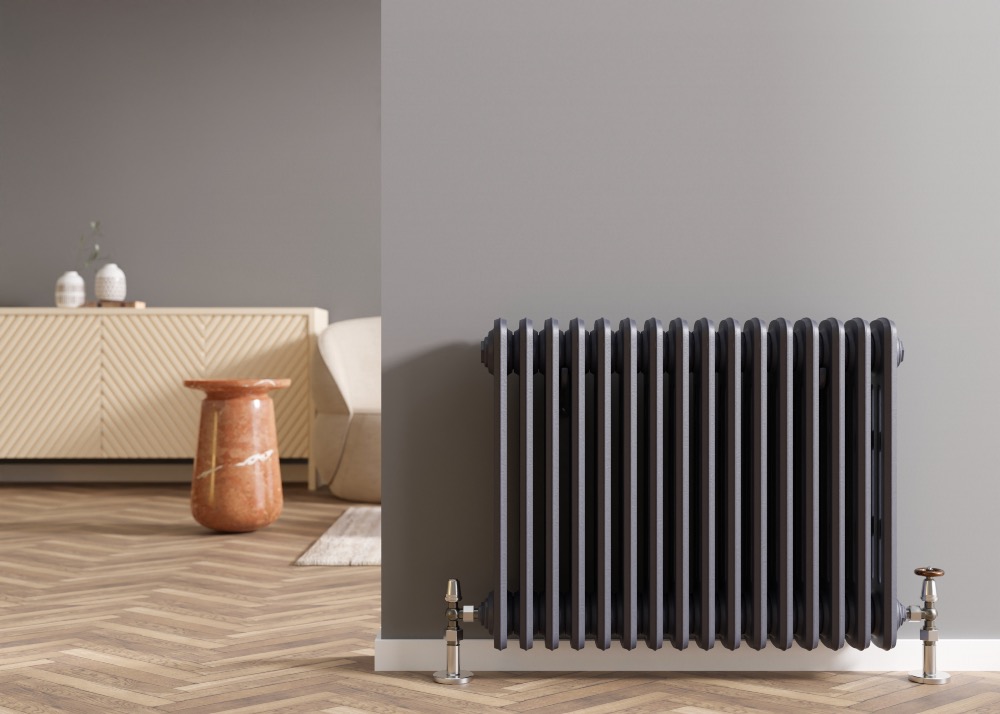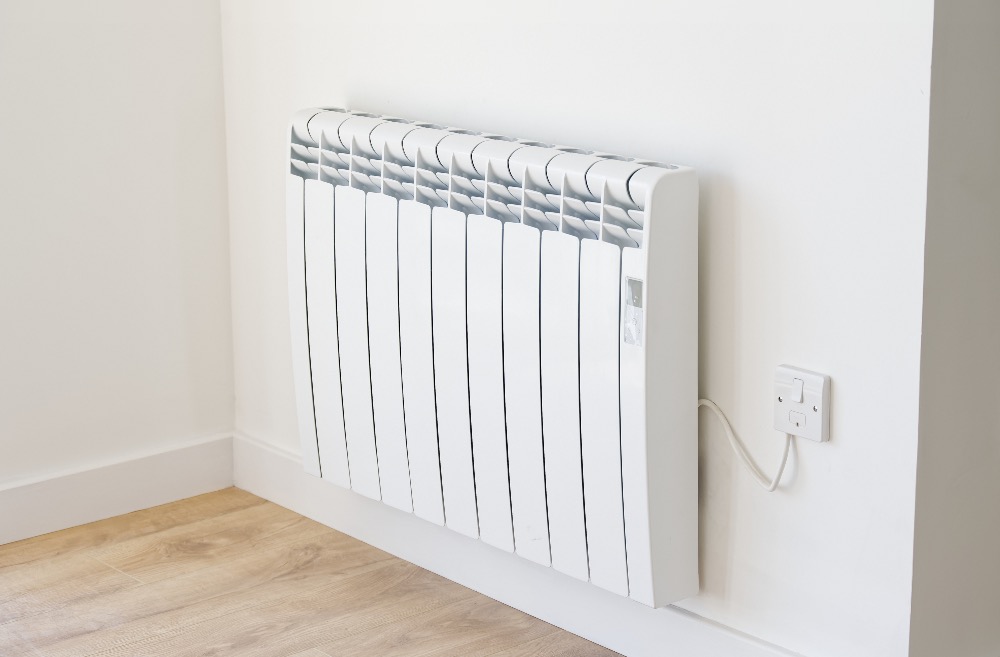When it comes to heating our homes, particularly with the green agenda having such a big focus, the debate between electricity and gas is a longstanding one. Both have their merits, but which is the most efficient? Which is the most cost-effective? Which is the most green? Let's get into it.
Gas Heating: The Traditional Choice
Gas heating remains a popular choice in many homes. The most significant advantage of gas heating is its cheaper running cost. Modern boilers have become increasingly more efficient over time, and with the addition of smart technology in the home, it's easier than ever to control your heating needs and energy usage across your home.
Maintenance and safety is another factor; boilers generally require an annual check-up from a Gas Safety engineer. Moreover, poorly maintained systems can be hazardous and leak carbon monoxide, a dangerous gas.
Lasty, naming the obvious elephant in the room, gas boilers burn a fossil fuel. Burning these fuels for heat contributes to global warming and climate change. In the UK, there is also an upcoming ban on gas and oil boilers in new-build homes from 2025.
Electric Heating: A Modern Alternative?
Electric heating systems have seen extensive advancements in recent years. From storage heaters to air-source heat pumps, there's a vast array of products available. One of the most obvious advantages of electric heating is its zero carbon dioxide output, making it an environmentally friendly choice. Additionally, modern electric systems come equipped with smart heating controls, allowing homeowners to manage their heating efficiently. This is particularly useful if you've added a room or converted a loft, as air conditioning electric systems can heat individual rooms effectively. Moreover, electric heating promises better home air quality.
However, it's not all sunshine and roses. The electricity unit prices are generally speaking much more expensive than gas, which can shoulder homeowners with a much larger bill. At the time of writing, gas prices are around 10p/kWh vs electricity at 30p/kWh, so a 3x increase. Add on the cost of installing these systems, like air-source heat pumps, can be very extremely expensive to install.
Finally, at the time of writing, the majority of UK electricity comes from non-renewable sources, which means buying electric appliances means you're still not running 100% green. However, this is increasing, and we know that the UK is heading towards a Net Zero trajectory.
Electric vs Traditional Radiators
In the ongoing debate between electric and traditional radiators, both have their merits. Electric radiators, gaining traction recently, boast near-perfect efficiency, swift installation, rapid heating, and an eco-friendly edge when paired with green energy. However, they can be pricier to operate, given the current electricity rates.
On the other hand, traditional radiators, a long-standing favourite, offer cost-effective heating, even warmth distribution, proven reliability, and simpler maintenance. Their downside? They might take a tad longer to warm up. In essence, the choice between the two hinges on individual needs, financial considerations, and personal inclinations.
Heat Pumps
Heat pumps operate by transferring heat from cooler areas to warmer ones, sourcing warmth from either the air or the ground. Their appeal in the UK lies in their carbon-neutral operation, impressive efficiency that surpasses traditional gas boilers, and long-term cost-effectiveness, despite their relatively high upfront costs. With the UK's sustainable ambitions in mind, heat pumps are emerging as a pivotal player in the heating sector.
Heat pumps come in various types, including Air-Source, Ground Source, and Hybrid Heat Pumps, each offering unique benefits. While their initial installation costs might be higher, the subsequent savings, especially when supplemented by occasional government incentives, make them a noticeable and potentially attractive choice.
The good news is that Heat Pumps can fuel your traditional central radiator system. Air to Water heat pumps allow you to take the best of both worlds.
As the UK moves towards a greener future, the landscape of home heating is gradually shifting in favour of heat pumps, signalling a positive change away from reliance on gas boilers that have long dominated UK homes.
The Verdict
Gas heating has been historically valued for its economical advantages, but it's currently facing environmental concerns and the forthcoming UK prohibition on gas boilers in new residences set to begin in 2025. In contrast, electric heating offers a more environmentally-conscious alternative, albeit at a notably higher initial cost.
Heat pumps, a relatively recent addition to the field, are gaining attention due to their efficiency and alignment with the UK's ecological objectives, even though they come with a heavy upfront investment. Consequently, while both gas and electric heating options possess their own merits, the trajectory towards a more sustainable UK indicates a gradual transition towards more environmentally-friendly alternatives—among which, heat pumps prominently feature.
Frequently asked questions
What are the main advantages of gas heating?
With the efficiency of modern boilers and cheaper energy costs, gas heating offers cheaper running costs. However, maintenance is essential by a qualified engineer, and gas boilers contribute to global warming.
What are the main advantages of electric heating?
When paired with a renewable energy source, electric heating can offer a 100% green solution when paired with a renewable energy source, making them environmentally friendly. They are also much quicker to get to temperature than traditional heating. But fundamentally, electricity is much more expensive than gas, meaning running costs are much higher.
Are there any safety concerns with gas heating?
Yes, poorly maintained systems can leak carbon monoxide, a dangerous gas. It's recommended to have an annual check-up from a Gas Safety engineer.
What is the UK's stance on gas boilers in new homes?
The UK plans to ban gas and oil boilers in new-build homes from 2025.
How does electric heating benefit the environment?
When paired with a renewable energy source and ignoring the manufacture of the appliances, electric heating systems can be considered 100% at the point of use.
Are electric heating systems cost-effective?
While electric heating is environmentally friendly, electricity unit prices are generally higher than gas. For instance, at the time of writing gas prices are around 10p/kWh, whereas electricity are 30p/kWh.
How do electric radiators compare to traditional ones?
Electric radiators offer near-perfect efficiency, swift installation, rapid heating, and, when paired with a renewable energy source, an eco-friendly edge. Traditional radiators provide cost-effective heating and are simpler to maintain, but might take longer to warm up.
What are heat pumps, and why are they becoming popular in the UK?
Heat pumps transfer heat from cooler areas to warmer ones. They are far more efficient than anything else on offer today. They align with the UK's sustainable ambitions, making them a prominent consideration for many.
Are there different types of heat pumps?
Yes, there are various types, including Air-Source, Ground Source, and Hybrid Heat Pumps. Each offers unique benefits.
Do Heat Pumps work with Central Heating Radiators?
Yes. Air Source to Water Heat Pumps for example can be a suitable replacement for your boiler, and can feed your radiator pipework. You just need to be careful that your radiators will achieve the same BTU rating.
Any more questions?
If you have any queries or questions about the products we sell, or even your next project, give us a shout! We'll try our best to give you a hand.



